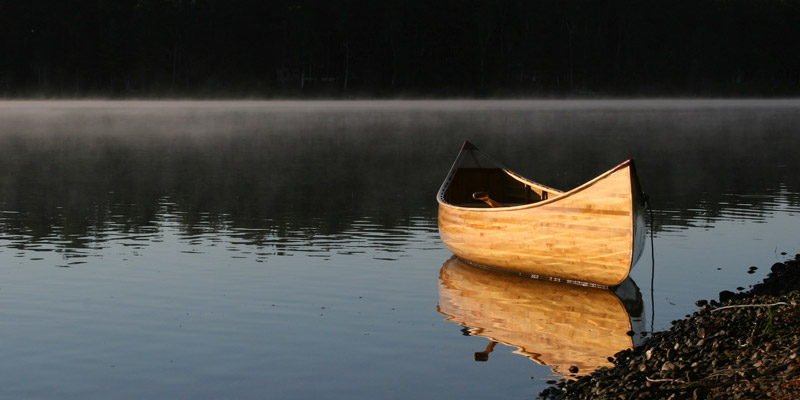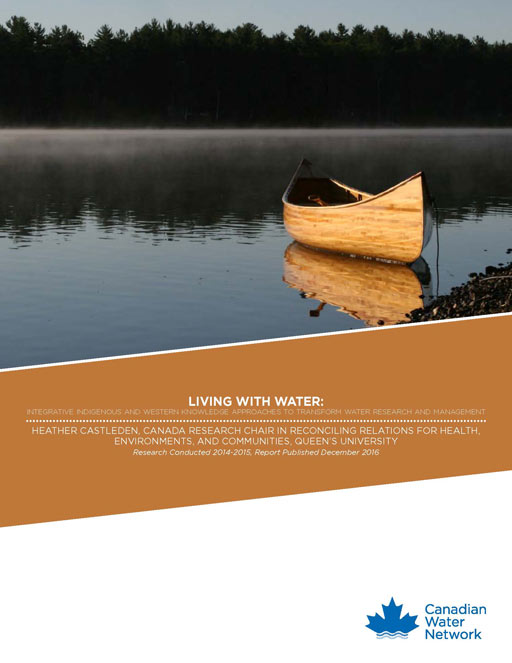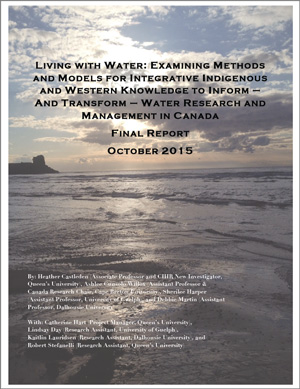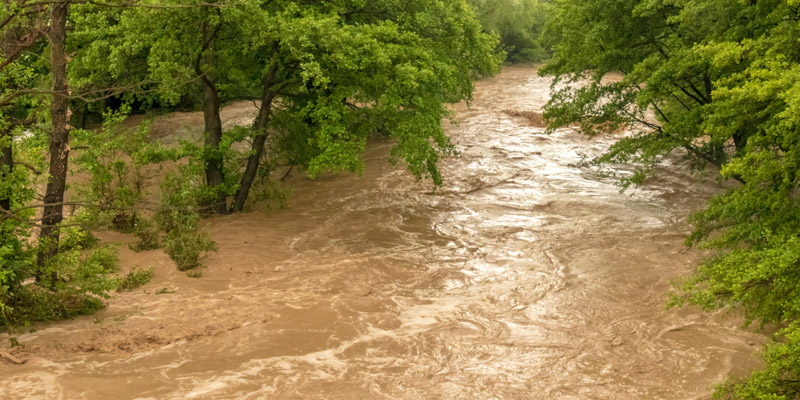Examining Methods and Models for Integrative Indigenous and Western Knowledge to Inform Water Management and Research in Canada
Heather Castleden, Associate Professor, Queen’s University (2014-2015)

Challenge
In Canada, many First Nations, Inuit, and Métis communities face significant water management challenges. For decades, government agencies and researchers (most of who are non-Indigenous) have relied on a Western science approach to these management challenges, with limited success. We are now seeing a shift in mentality, where there is an increasing recognition of the importance of applying Indigenous knowledge and methodologies to issues of water quality, accessibility, and treatment. Integrating the perspectives, experiences, and knowledge of Indigenous peoples with innovations in Western science, engineering, and policy is vital to creating new pathways for managing our shared water resources. Previous attempts to do so have been met with mixed results. What is lacking is a systematic, synthesized analysis of what worked and what did not. In this project, we assessed how Indigenous knowledge and methodologies have been integrated into water management projects, and evaluated the relative merits, strengths, and challenges of the various research approaches.
Project
The goal of the project was to review promising research and management practices that integrate Indigenous and Western knowledge to inform water management practices. Guided by a National Advisory Committee comprised of recognized Indigenous and non-Indigenous water issues experts, the project team addressed five key objectives:
- Generated three assessment frameworks to establish priorities, indicators, and metrics for successful water resource management research and practice
- Using the assessment frameworks, evaluated past water resource management research that includes or has attempted to include Indigenous knowledge or methodologies
- Facilitated a national Water Gathering with Indigenous and non-Indigenous peoples from across the country to discuss the project results and engage in dialogue about strategies for effectively moving forward
- Recommended promising practices for integrating Indigenous and Western approaches in water resource management
- Produced a report to guide water research and inform water resource management and practice
Outputs
- The project team hosted two national Water Gatherings with Indigenous and non-Indigenous knowledge-holders concerning water issues and integrative science. The first gathering was structured around developing three culturally-relevant assessment frameworks, which were applied to existing literature, analyzing ‘promising practice’ strategies for the incorporation of Indigenous knowledge and methodologies into water management research and practice. Participants reconvened in the second gathering to refine the project findings and move towards establishing a cohesive vision for integrated Indigenous and Western knowledge.
- Summary report for communities, researchers, decision-makers, consultants, government and others to guide water research and inform water resource management and practice.
Outcomes
- The production of culturally relevant assessments of what constitutes effective integration of Indigenous and Western knowledge systems in water management in Canada
- Increased understanding of how to design and execute more effective initiatives that integrate Indigenous and Western knowledge and methods






